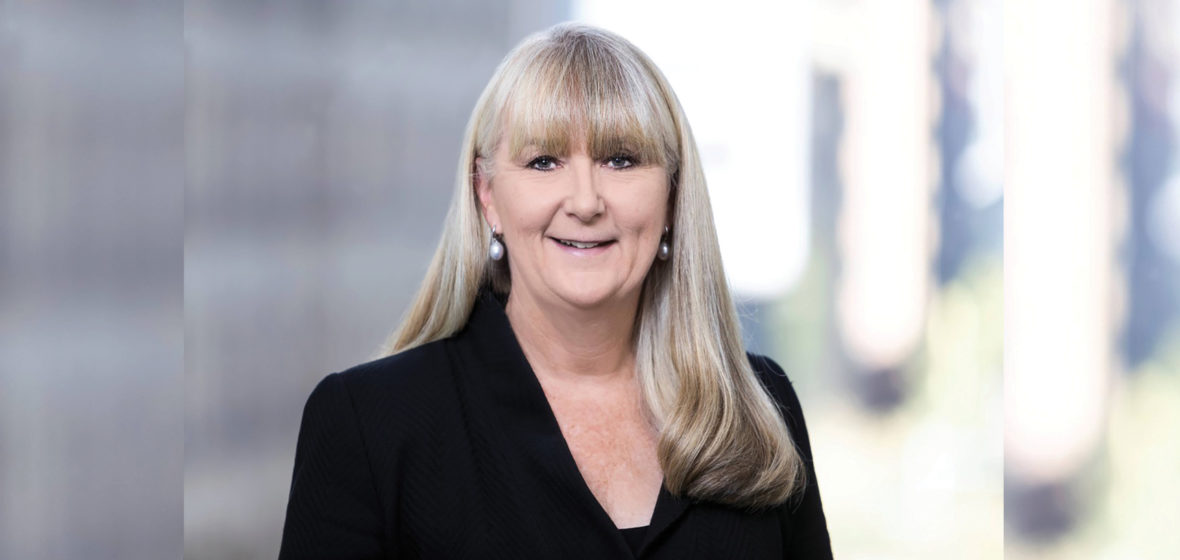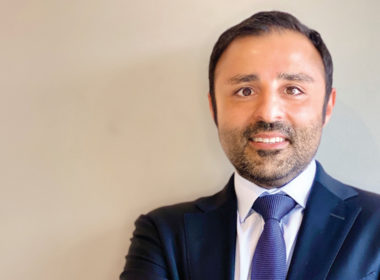Neroli Martin is a consultant at Meridian Lawyers specialising in insurance law. She has over 30 experience in professional health, public and product liability, indemnity and contractual issues. In 2021, she was named on the Best Lawyers in Australia list in the area of personal injury litigation.
The case was a public liability matter that happened 20 years ago. It involved a young man who was participating in a bush rally that went from Western NSW through the Northern Territory and into Western Australia. He was only about 20 from memory and drove his motorcycle into a pothole during the rally. He became a paraplegic from this accident.
I was acting for the defendant, the race organisers, and he was trying to argue that there should have been warning signs about the potholes. The problem was there were potholes all over the track and he had a really weak case on liability. Prior to racing, he had signed that he read and understood a pretty good exclusion of liability document.
It was such a sad case. I had to get an occupational therapist to go see him to give me a report. He was living in the same place he’d been living in prior to the accident, which was entirely inappropriate for a paraplegic. It was basically a converted garage with two rooms. He couldn’t fit into the shower with his wheelchair so he had to use a hose to wash himself in the middle of the floor. He didn’t have enough room to manoeuvre around the house because it was so small in his wheelchair. The only way he could get stuff into the freezer was to throw it in. Equally, when he wanted to get something out he’d have to use an umbrella with the hook on the end. Everything was such a process for him.
It eventually went to hearing and it was clear he had absolutely no family support.
The worst part was that the garage was at the base of a steep driveway, so the only way he could get in and out of the house was in his car. When the occupational therapist went to visit, he hadn’t been out for a month because his car had broken down and he didn’t have enough money to fix it.
It eventually went to hearing and it was clear he had absolutely no family support. He tried to work for a while but had to stop due to his autonomic dysreflexia, a condition paraplegics can get which causes their blood pressure to go through the roof. He seemed to have no support whatsoever and was in real dire straits.
During the hearing, he gave honest evidence that he had read and understood the exclusion of liability clause. His lawyers then came to us wanting to settle. They said, all he wants is some money to fix his car so he can get out. It was so sad and, fortunately, I had a reasonably sympathetic claims officer. In the end, we did what we call in the insurance game a commercial settlement.
The case really brought home for me the importance of empathy. As the defendant’s lawyer, you often don’t meet the person you’re assessing in an insurance claim. It’s important to remember there’s a person behind it. The case highlighted the lack of support some people with serious disabilities had at that time. The main take away was that it made me more conscious of the human element in these cases.




